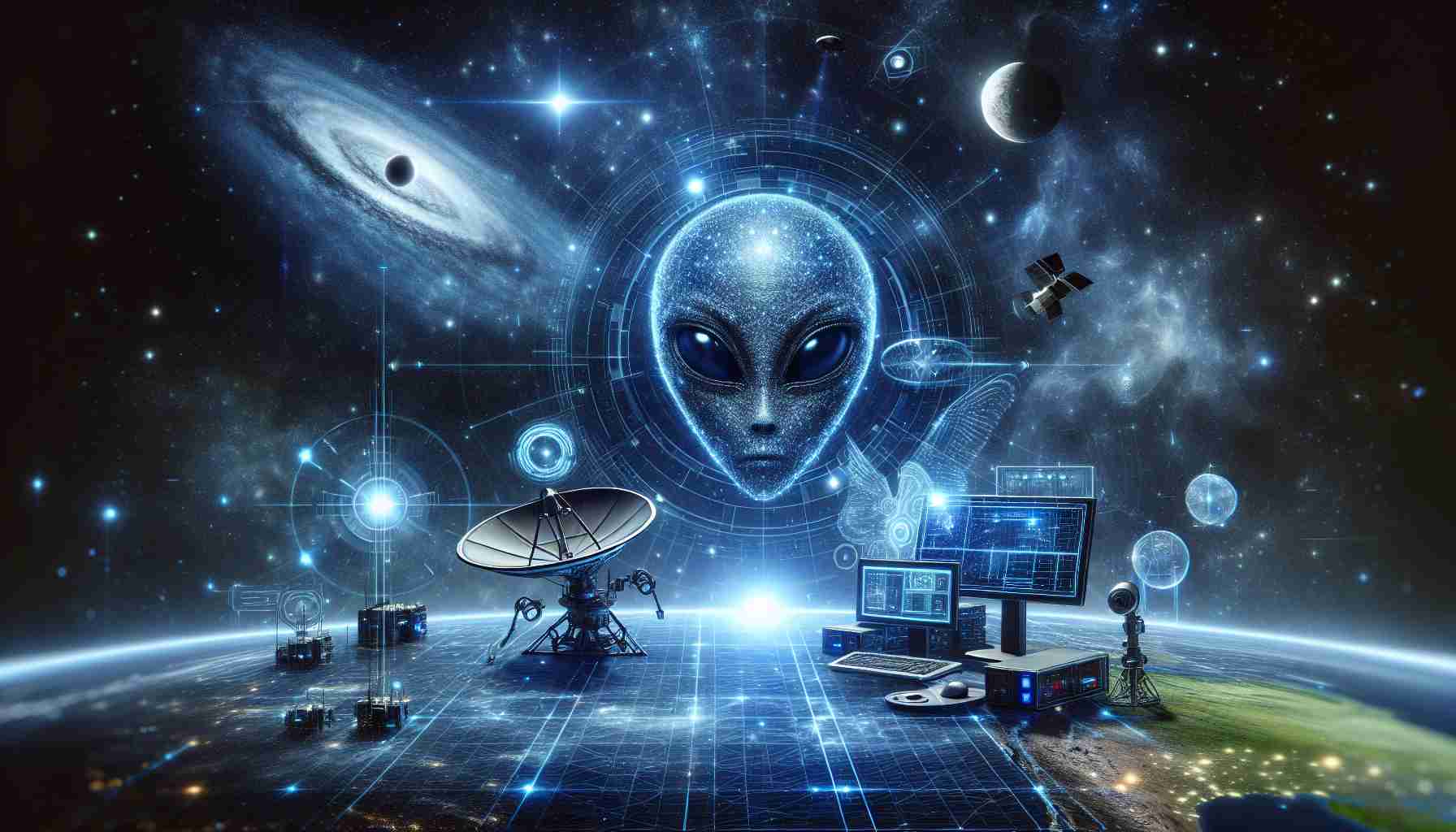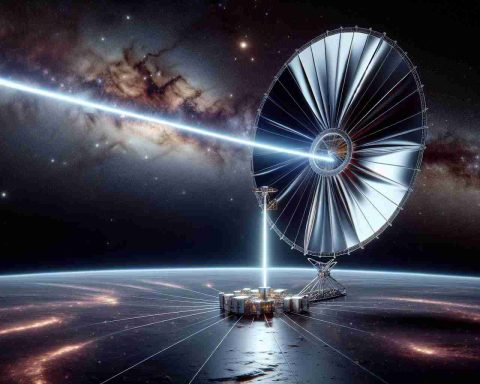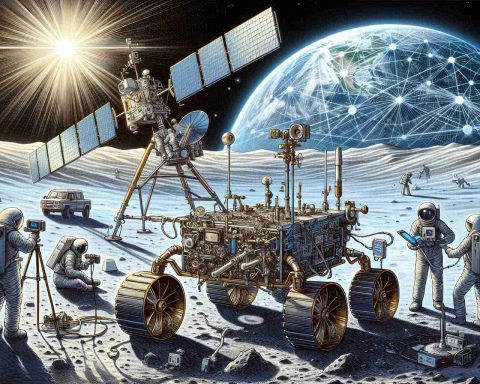- Artificial Intelligence is enhancing the search for extraterrestrial life by making large cosmic datasets decipherable.
- AI tools excel in analyzing patterns, distinguishing signals, and detecting anomalies, surpassing human capabilities.
- Researchers utilize AI for potential signal identification from advanced civilizations and biological signs.
- AI assists in predicting potential habitats for extraterrestrial life by modeling extremophile organisms.
- AI’s future advancements could reveal insights into the biology, societies, and technologies of alien life.
Artificial Intelligence (AI) is revolutionizing the search for extraterrestrial life, offering promising advancements that could redefine our understanding of the universe. Thanks to breakthroughs in machine learning and data analysis, scientists are now more equipped than ever to detect signs of alien life. The cosmic noise from telescopes generates enormous datasets which, without AI, could remain indecipherable.
AI-powered tools can analyze patterns, differentiate signals, and detect anomalies far beyond human capability. Researchers are implementing these technologies to comb through data from across the galaxy, searching for potential extraterrestrial signals amidst the cosmic static. Machine learning algorithms can quickly identify unusual patterns that might indicate advanced civilizations or biological signatures.
A novel approach involves AI not only in signal detection but in understanding how different life forms might evolve under exotic conditions. By simulating extremophile organisms that survive in Earth’s most inhospitable environments, AI can predict where we might find alien life in the universe. This predictive capability also enables researchers to fine-tune their search criteria when studying exoplanets that bear life-hosting potential.
The implications for the future are profound. As AI continues to evolve, it holds the promise of not just identifying extraterrestrial life but offering insights into its biology, social structures, and technology. This cutting-edge fusion of AI and astrobiology might finally answer humanity’s age-old question: Are we alone in the universe?
How Artificial Intelligence is Transforming the Quest for Alien Life
How is AI enhancing the search for extraterrestrial life?
In recent advancements, AI is significantly elevating the search for extraterrestrial life through its capacity to handle vast amounts of data efficiently. Traditionally, the overwhelming cosmic noise from telescopic data made it difficult to isolate potentially meaningful signals. AI changes this by processing and analyzing these colossal datasets faster and with greater precision than human capabilities. With machine learning algorithms, AI can detect anomalies and patterns in the cosmic data, thus potentially identifying signals indicative of extraterrestrial intelligence or biologically significant patterns.
What are the innovative approaches AI introduces to astrobiology?
AI is not only innovating how signals are detected but also how life might be understood on other planets. By using AI-driven simulations, researchers can model life forms that thrive in Earth’s extreme environments and extrapolate these models to predict what alien life could look like under conditions unfamiliar to us. This approach involves adapting the search criteria for exoplanets to focus on those most likely to harbor life as we do not know it. This forward-thinking strategy could significantly expand the scope of astrobiology.
What could the future hold for AI and the search for extraterrestrial life, and what are its limitations?
The future of AI in the astrophysical domain suggests a transformative impact—not just in locating extraterrestrial life, but in understanding its nature, culture, and technology. However, limitations do exist. Current AI models require more refinement in predictive accuracy, especially given the complex variables involved in exoplanet environments. Additionally, ethical considerations regarding data privacy and the potential for AI to misunderstand or misclassify data pose significant challenges that need addressing.
Related Links
– Nasa
– SETI Institute
– ESA
Each link offers a gateway to a wealth of related resources and further reading on how leading organizations are integrating AI into their search for extraterrestrial life. From ongoing projects to the latest technological advancements, these domains provide invaluable insights into the exciting intersection of artificial intelligence and space exploration.
















